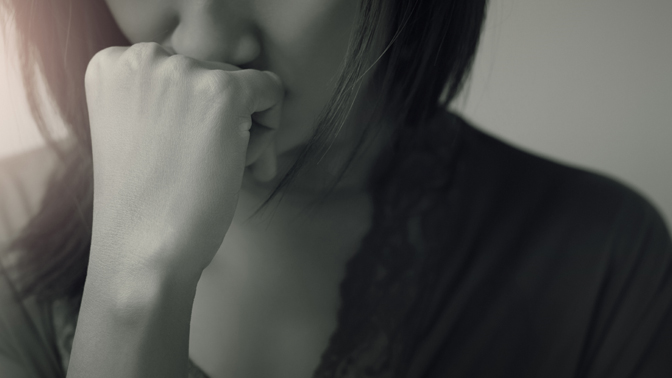
Life is different after cancer. Once the treatment ends, survivors can experience physical and psychological changes that can last for years.
“Breast cancer treatment—which can include surgery, chemotherapy and/or radiotherapy—can leave survivors visibly and emotionally scarred,” explains Dr. Mary Jane Esplen, an Affiliate Scientist at the Princess Margaret Cancer Centre. “As a result of their treatment, women can experience a wide variety of physical effects including, but not limited to, losing one or both of their breasts, being left with residual scars or swelling in the affected area, and starting menopause prematurely. Consequently, many women with a history of breast cancer will experience feelings of grief, lowered self-esteem and confidence, and shame about the appearance their body.”
To improve the emotional well-being of breast cancer survivors, Dr. Esplen developed an eight-week program called Restoring Body Image after Cancer (ReBIC). The program consists of 90-minute sessions provided weekly by two psychotherapists to a group of survivors. During each session, survivors are led through guided-imagery exercises—where participants are instructed to generate a series of images in their mind’s eye. These exercises give them a way to express their personal identity and self-image difficulties and to work through them. Survivors are also educated on how cultural beliefs, values and norms promote a negative body image and feelings of shame.
Recently, Dr. Esplen completed a study evaluating the impact of ReBIC on breast cancer survivors. The study included 194 women with body image issues and a history of breast cancer; 131 of these women participated in ReBIC, whereas 63 received educational reading material only. One year after completing the program, ReBIC participants reported feeling less shame and stigma about their body than those who did not take part in the program. They also reported improvements in their quality of life and ability to manage breast cancer-related physical symptoms and emotional distress.
These findings show that ReBIC helps breast cancer survivors feel better about their body; it may also help to reduce cancer-related anxiety.
“In light of its success and the positive feedback we’ve received from participants, ReBIC is currently being offered at the Toronto General Hospital through ELLICSR, a centre dedicated to cancer survivorship.” says Dr. Esplen.
For information about participating in ReBIC, please visit the program’s page on the ELLICSR website.
This work was supported by the Canadian Breast Cancer Foundation (now part of the Canadian Cancer Society) and the Canadian Breast Cancer Research Alliance.
Esplen MJ, Wong J, Warner E, Toner B. Restoring Body Image After Cancer (ReBIC): Results of a Randomized Controlled Trial. J Clin Oncol. 2018 Jan 22 doi: 10.1200/JCO.2017.74.8244.




